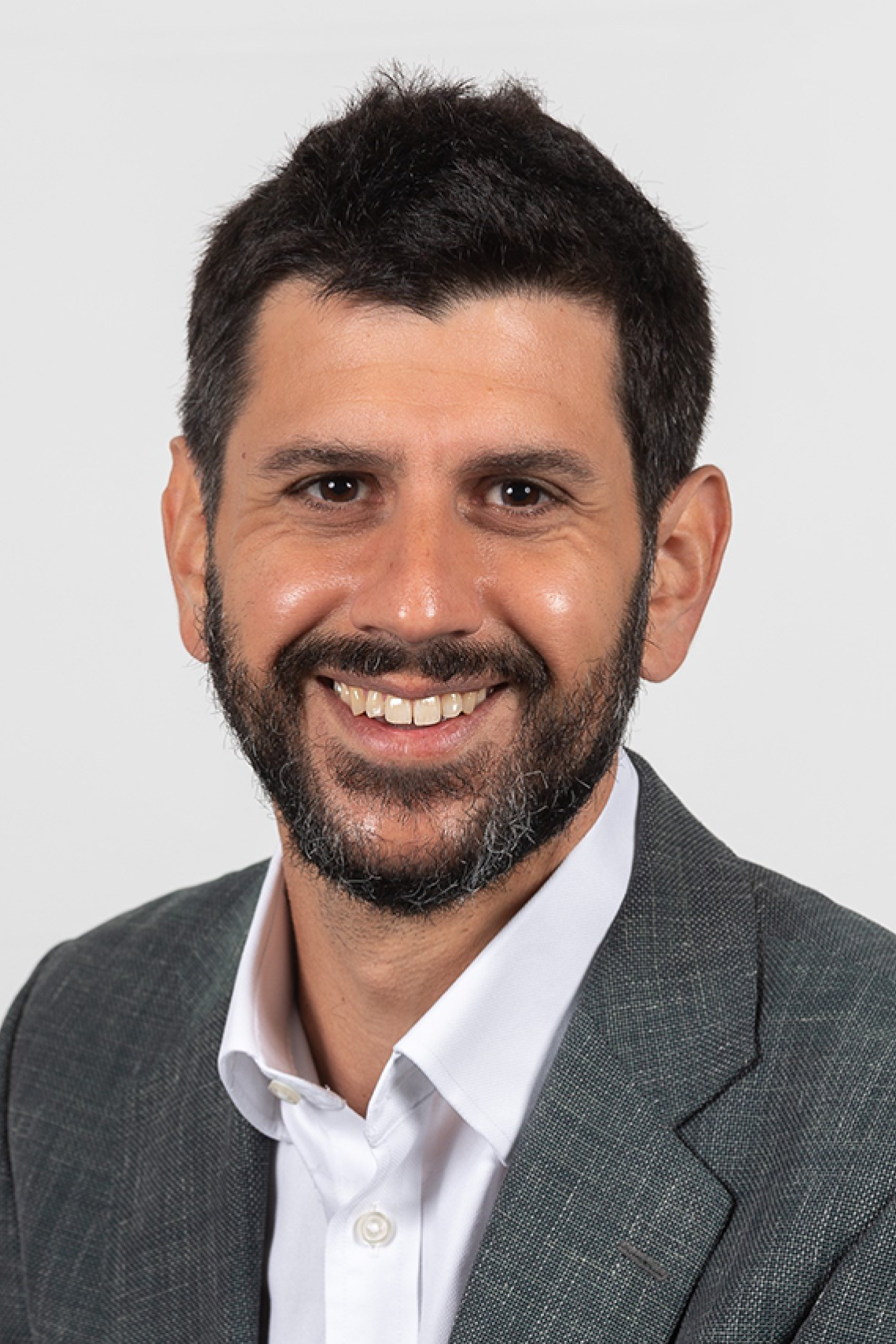Ground-breaking judgement on property rights in South Africa draws on research by Maxim Bolt
A ground-breaking court judgement in South Africa which could pave the way for reform of property rights dating from the apartheid era draws on research by Associate Professor Maxim Bolt, citing two of his articles.
The case, heard in the Gauteng High Court in May this year, concerned a dispute over the rights to ownership of a “family house”.
A family house is a term used in historically black townships, where African people were denied the right to own property. They were rental properties, regulated through permits that listed family members and thus restricted black residence in the city. At the same time, they came to be understood by occupants in terms resembling rural kinship-based residence norms.
Towards the end of the apartheid era, family houses became private property through a series of legal changes. However, because permits listed multiple occupants, who precisely has the right to ownership is now often a matter of intense dispute.
In addition, popular and customary understandings of the family house, and how it should be passed on, emphasise collective entitlement, while the law frames the house as an asset with an individual exclusive owner who is succeeded at death by members of a nuclear family.
Dr Bolt has been researching such disputes surrounding family houses and urban inheritance in South Africa since 2016, drawing on extensive ethnographic fieldwork.
Dr Bolt’s work explores how disputes over inheritance are shaped and mediated by administrative and bureaucratic processes. Those processes interact with customary norms in the understanding and realisation of tenure and entitlement. They do so by changing the stakes of claims and disagreements, as kin now struggle over formal ownership or eviction; by creating fora in which customary claims are argued out; by sharpening definitions of the family house in contrast to formal law; and through everyday bureaucratic attempts to recognise people’s histories and arguments.
The case, Shomang v Motsose NO and Others, was typical of such disputes. It involved a family house which had been registered in the name of one occupier. Named as “custodian”, in accordance with popular understandings of collective entitlement, he became the title-holder because the system did not allow for a family member not married to him to be a co-owner. Shomang – his step-niece – was administratively recognised as living in the property as part of a “family rights agreement”, and she understood that it would remain a family house.
However, when the custodian died, one of his relatives who had never lived in the house claimed ownership and threatened dispossession. His claim seemed to be supported by law, as the family rights agreement was purely administrative in nature and turned out to hold no legal weight – although it had been brokered by an arm of the state.
In this case, the judge found in favour of the applicant, Shomang. Her judgement drew on recent writing by Dr Bolt, taking as a starting point his analysis of the family house as “part of a broader legacy of apartheid's racially discriminatory spatial planning in the cities”.
She further noted for example, citing Dr Bolt, that, “Administrative traces indicate agreements and understanding between family members who knew and trusted one another enough not to have to turn their normative understanding about a ‘family home’ into the language of the formal law. It relied on the administrative system itself and the practices of the officials that give greater recognition to the people's conceptions of the family home than […] the law does.”
According to an article in South African newspaper the Daily Maverick, the ruling “provides ground-breaking insights for potential law reform with regard to property rights and transmission of property”.
The article, by legal specialist Rosalie Kingwill, suggests the ruling is significant because, unlike decisions in previous similar contestations, it argues for a new kind of collective property right and provides a basis for challenging existing law. Dr Kingwill notes that the judge states:
“The ownership model is an inflexible system that does not allow for alternative models of holding land … For property law to transform, what is needed is a fragmentation of land rights, not by abolishing ownership but by developing a more comprehensive range of rights, such as a property right in a family home, that can sometimes trump ownership. It is not simply a process of making more people common law owners, but it requires that we give effect to other rights in property too.”
The Daily Maverick article notes that, “Some light has finally entered the shadows of formal law to build more appropriate institutions for recognising family ownership as a distinctive form of holding immovable property.”
Find out more
Shomang v Motsose NO and Others
Maxim Bolt (2021) 'Homeownership, legal administration, and the uncertainties of inheritance in South Africa’s townships: apartheid’s legal shadows' African Affairs
Maxim Bolt and Tshenolo Masha (2019) 'Recognising the family house: a problem of urban custom in South Africa', South African Journal on Human Rights

